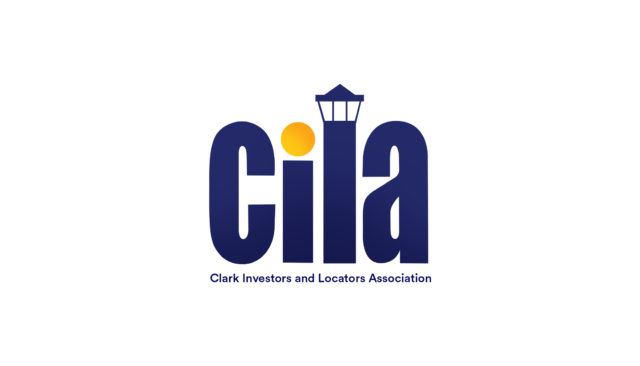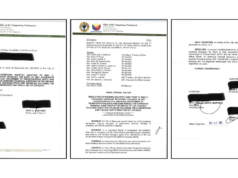CLARK FREEPORT — Clark Investors and Locators Association (CILA) chairman Dr. Irineo Alvaro has expressed confidence that Congress would honor the government’s already signed contracts granting special tax privileges to investors in this and other freeports nationwide under Package 2 of the Tax Reform for Acceleration and Inclusion (TRAIN) Act.
He warned that otherwise, over 50 percent of investors in the freeport would move out and transfer to nearby countries.
“There’s still a Damocles Sword having over us and we have to be vigilant,” Alvaro said, even as he expressed confidence that Congress would finally come out with the Package 2 version after the midterm elections.
In a recent forum with the Capampangan in Media, Inc. (CAMI) here, Alvaro said congressional committees have been holding hearings here to tackle proposals to apply without exception a lowered 20 percent corporate tax nationwide under Package 2 of the TRAIN Law, officially Republic Act No. 10963.
The Lower House has changed the name of the Package 2 bill into Tax Reform for Attracting Better and High-Quality Opportunities (TRABAHO).
In the Senate, it is SB 1906. Investors here and other economic zones have been enjoying only a five percent tax on gross income earned (GIE), an incentive initially offered by the government to attract foreign and local investments after this former US military base was devastated by the eruption of Mt. Pinatubo and converted into an economic zone.
Alvaro said the country would lose face in the investments world by reneging on such contracts.
He expressed confidence, however, that Congress would adopt proposals of CILA and other groups from economic zones to at least reduce the corporate tax proposals to merely 12 percent instead of the proposed 20 for economic zone investors, while respecting provisions in contracts already signed with the government.
Alvaro said that “unless the TRAIN 2 package becomes final, it is like us being threatened by a volcanic eruption.”
“Remove the perks and there’s no reason to be here,” he said, noting that at present, Clark investors still pay only 5 percent GIE while waiting for the final Package 2 TRAIN legislation.
Amid figures from the Commission on Elections showing him winning in the electoral race, Sen. Sonny Angara said he was in favor of honoring old contracts granting special tax privileges to investors at Clark and other freeports.
Highest rate
Businesses in the Philippines pay the highest corporate tax rate in the ASEAN region—30 percent, compared to an average 22.5 percent rate in neighboring countries.
The Department of Finance (DOF) has maintained that “cutting taxes on corporations makes our businesses more competitive and that by lowering taxes, businesses will face lower costs and higher profit margins, potentially generating more employment and investment.”
The Lower House’s TRABAHO proposal will lower the tax rate paid by corporations by 2 percent every two years, settling on a final tax rate of 20 percent by 2029. On the other hand, SB 1906 will immediately bring the tax rate down to 25 percent in 2019.
While big corporations are to benefit from a huge tax cut, a lower tax rate would also benefit 90,000 small and medium enterprises compared to the 4,000 large businesses in the country., the Department of Trade and Industry (DTI) has said.
The DTI said, however, that a main drawback to lowering taxes would be a substantial loss in government revenue. The DOF has estimated that lowering the corporate income tax rate from 30 percent to 29 percent in 2019 would result in P26 billion of uncollected revenue.
TRAIN Package 2 aims to harmonize dozens of incentive laws into one Omnibus Investment Code, modernizing the available incentives given to firms, making incentives timebound and based on key performance indicators, institutionalizing a more Strategic Investment Priorities Plan, and increasing the transparency and accountability of receiving firms through stronger and more responsive governance.





